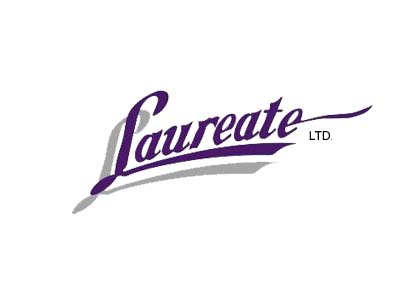While being a landlord and owning investment property in Denver is a great way to earn passive income, it's a tough job. You'll encounter additional expenses, risks when renting to tenants, and other daily hassles. However, there are different ways that you can make being a landlord even easier.
One of the areas landlords spend most of their time in is accounting. Unless you're an experienced accountant, keeping your finances straight can be challenging. One mistake could cost you a lot of money.
We've compiled our top five accounting tips to set you up for success. Simplify your accounts so you can increase your profits and reduce your work hours.
1. Keep Your Finances Separate
One of our top account tips for landlords is to set up different bank accounts. Your rental property accounts should be separate from your own accounts. You should also have separate bank accounts for each rental property.
It might sound overwhelming to have multiple bank accounts for each unit you rent out. You'll save yourself time and hassle when you don't have to dig through multiple transactions, not knowing what each one was for. You can also manage your rental income and keep track of late payments.
2. Create Automatic Payments
Multiple properties mean you're juggling duplicates of everything. These items can include:
- Mortgage payments
- Insurance premiums
- Utility costs
Don't pay these costs manually each month. Schedule automatic payments to deduct from your bank account each month.
3. Stay on Top of Your Expenses
Many landlords make the mistake of putting off their accounting until the end of the month or year. If you take this route, you might be faced with the massive task of recording your deductible expenses. You might forget to record a few expenses and fail to report them on your taxes.
You should record your expenses as they happen. Taking a few minutes out of your day or week will help you avoid a headache down the road.
4. Get Ready to File Your Taxes
You'll report the income you made from your rental properties using a Schedule E, Form 1040 when you file your taxes. Your rental accounting systems should be designed to make this process easy.
You should categorize your expense and income in the following ways:
- Rental income
- Advertising
- Tenant refunds
- Travel
- Maintenance
- Cleaning
- Insurance
- Commissions
- Management fees
- Utilities
An accountant who has experience working with landlords can help you with filing your taxes.
5. Partner With a Property Management Company
A property management company will offload all of the accounting and financial tasks that you have to deal with. Many property management companies utilize financial tracking tools. All of your information will get organized by their system, making it straightforward for you to track your finances.
Property management companies are also experts in their field. They have the tools and expertise to manage your property, stay on top of your finances, and find new tenants. You'll spend less time managing your units.
Follow Our Top Five Accounting Tips
Our accounting tips are designed to save you time and money. Don't let a financial mistake cost you thousands of dollars. Organize your finances wisely with the help of our experts.
Are you ready to learn more about what Laureate LTD can do for you? Contact us to hear more about our accounting and property management services for landlords in Denver.



